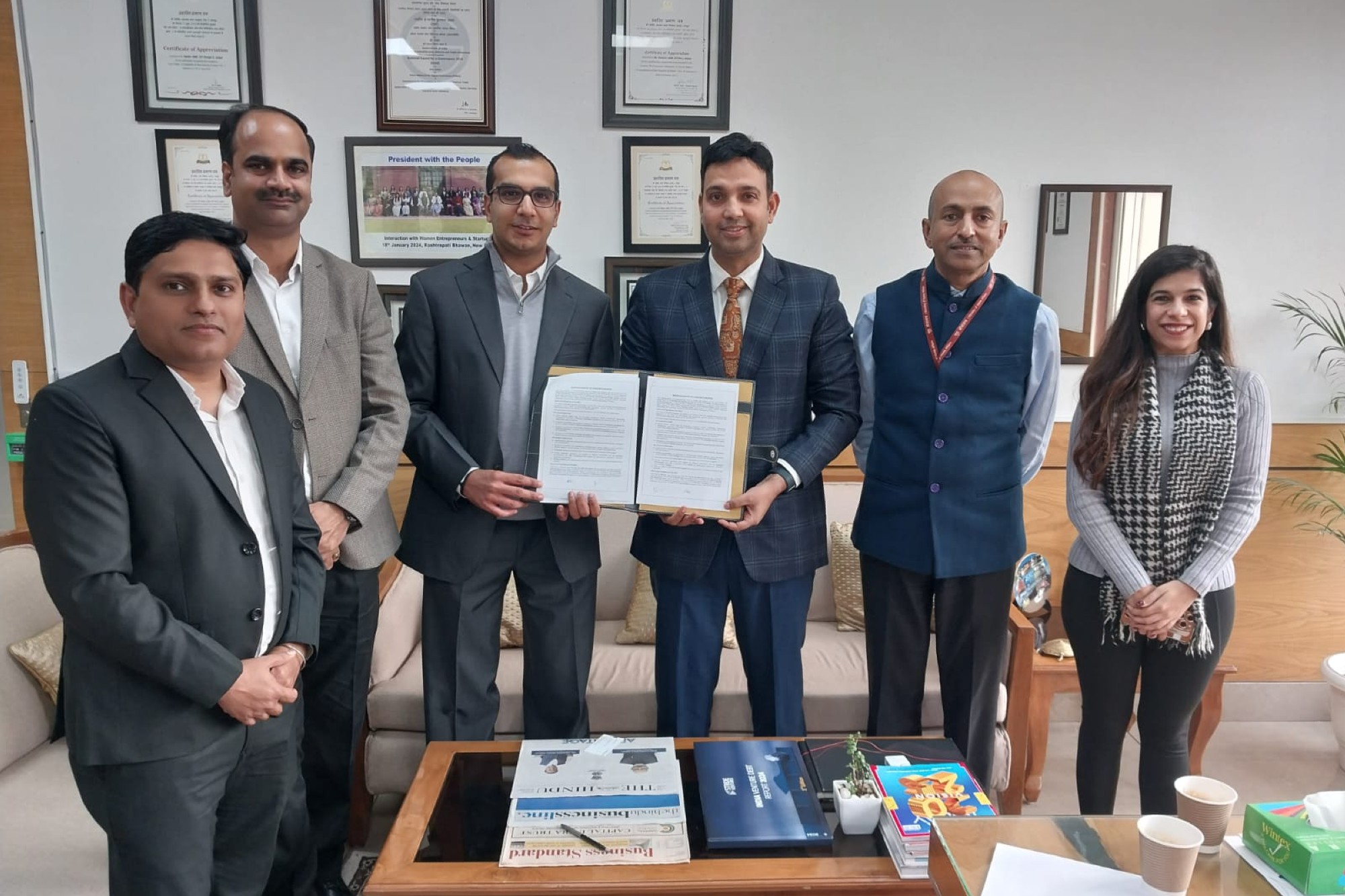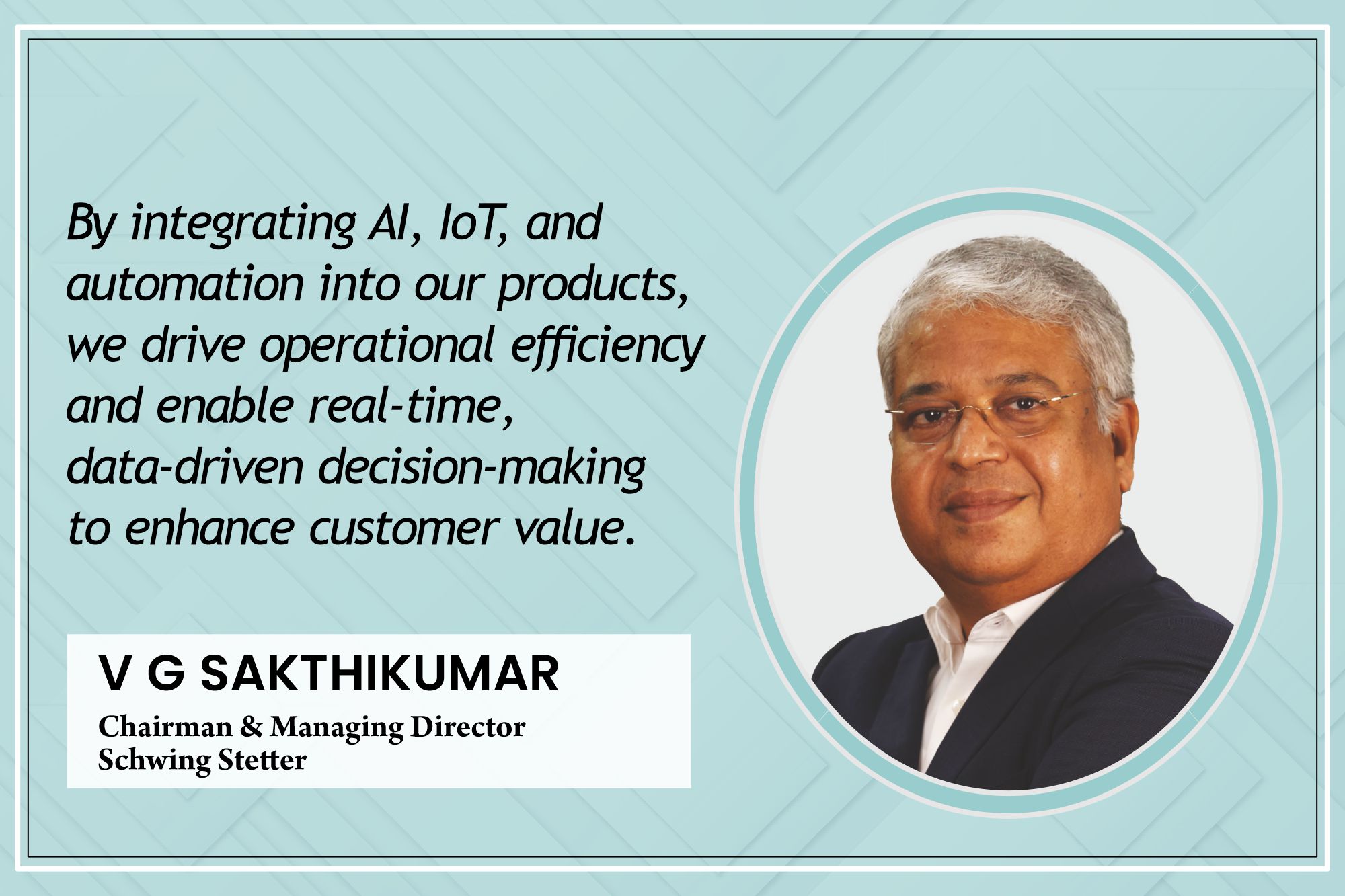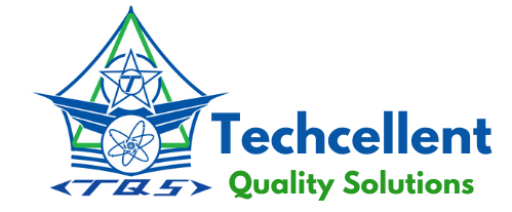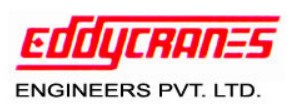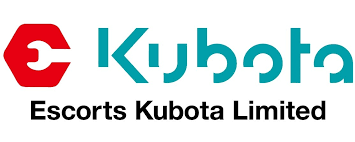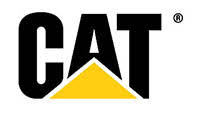Project management essential for supply chain
By Edit Team | November 1, 2018 6:38 am SHARE

Project procurement management is integral to any business or manufacturing activity. The key objective of project procurement management is to establish and maintain relationships with vendors of goods and services during the project life cycle. The function is an essential part of project management, which is concerned with overseeing designated sets of temporary operations. Project management for procurement purposes is thus an essential part of supply chain management.
In a globalising business environment, procurement activities have begun to play a critical role in a project’s lifecycle. Indian businesses are expanding the scope, scale and dimension of their operations and fast integrating into global value chains. There is speedy movement of goods and services across borders creating vast logistics network, business and technological collaborations.
“The adaptation of innovative technologies has opened up enormous opportunities for businesses and brought in their wake sweeping changes in the manner in which businesses are conducted and procurement is executed. E- governance and E-commerce are increasingly dominating the way businesses are conducted in any part of the world and procurement models are structured,” according to Vijay Kalantri, Chairman and Managing Director, Balaji Infra Projects Ltd.
Risk factor
Project management for procurement is usually divided into four major processes – planning, selection, administering and assessment. Before proceeding with a project, a procurement manager has to select an appropriate option that facilitates an effective project organisation in general and a thorough risk management process in particular. Three procurement variables have a major influence on risk management: project delivery method, form of payment, and use of collaboration or partnering arrangements.
“The combined effect of these variables in the projects with early involvement of the actors, their participation throughout the project, and opportunities for open dialogue and collaboration, establish thorough risk management process,” he says.
While project delivery methods define formal risk allocation, use of incentives and collaboration or partnering arrangements help to establish a collaborative approach to risk management, said Kalantri.
Managing contract
According to Kalantri, “A critical question before the procurement team is to determine what type of contract is most appropriate. A key factor in selecting the contract approach is determining which party will take the most risk. The team determines the level of risk that will be managed by the project and what risks will be transferred to the contractor.”
Typically, the project management team wants to manage the project risk, but in some cases, contractors have more expertise or control that enable them to better manage the risk associated with the contracted work.
The contract type determines the level of effort and the skills needed to manage the contract. The manager of supplier contracts develops detailed specifications and assures compliance to these specifications.
The manager of vendor contracts assures contractors that bid the work have the skills and capacity to accomplish the work according to the project schedule and tracks the vendor’s performance against the project needs, supplying support and direction when needed.
The manager of partnering arrangements develops alignment around common goals and work processes. Each of these approaches requires different skills and various degrees of effort.
Thrust on value-adding
While cost reduction is an important consideration in the entire chain of procurement planning and management, the overall objective must be to add value to the organisation. Lean procurement is a balanced approach that many companies resort to in optimising their procurement strategies.
“Lean procurement can be done strategically, in a manner that adds value on top of reducing costs. For example, optimising workflow for efficiency can impact an organisation at a higher, more sustainable scale than say, cutting out technology because of costs,” he said.
Today, competitiveness drives businesses and organisations are becoming increasingly aware that going lean is not just for manufacturing companies and associates on the factory floor. While manufacturing was considered spearhead lean procurement previously, lean procurement can now go beyond the manufacturing vertical, extending to the supply base. Today, it is applicable to all industries, both in manufacturing and the services sector. Adopting a lean procurement strategy can yield excellent results – financially and operationally. Instead of focusing primarily on cost reduction, organisations need to focus on how procurement can add value to the organisation either through process improvements or adoption of technologies to reduce errors and manual processes.
Lean practice can yield excellent result when focus shifts on leadership, overall strategy, people and culture rather than primarily on the tools.
Public procurement and Make in India
“The ‘Make in India’ programme is fast altering the spectrum of Indian business with thrust on strengthening business through capacity building, technology absorption, spearheading innovation, promoting foreign collaborations and enabling integration in global markets,” Kalantri believes.
As businesses continue to evolve and grow, project procurement is assuming heightened importance in the emerging scheme of business activities, he added.
The government has issued Public Procurement (Preference to Make in India), Order 2017 income and employment, subject to which the purchase preference shall be given to local suppliers in all procurements undertaken by procuring entities in the manner specified. In procurement of goods in respect of which the Nodal Ministry has communicated that there is sufficient local capacity and local competition, and where the estimated value of procurement is ` 50 lakhs or less, only local suppliers shall be eligible. If the estimated value of procurement of such goods is over ₹ 50 lakh, certain provisions of the Order shall apply. Procurements where the estimated value to be procured is less than ₹ 5 lakh shall be exempt from this Order. However, it shall be ensured by procuring entities that procurement is not split for the purpose of avoiding the provisions of this Order.
As per the Order, the minimum local content shall ordinarily be 50 per cent. The Nodal Ministry may prescribe a higher or lower percentage in respect of any particular item and may also prescribe the manner of calculation of local content. The margin of purchase preference shall be 20 per cent.
The minimum local content, the margin of purchase preference and the procedure for preference to Make in India shall be specified in the notice inviting tenders or other form of procurement solicitation and shall not be varied during a particular procurement transaction. The Order specifies procurement through the Government E-marketplace (GeM).
The order further states that while notifying the minimum local content, nodal ministries may make special provisions for exempting suppliers from meeting the stipulated local content if the product is being manufactured in India under a license from a foreign manufacturer who holds intellectual property rights and where there is a technology collaboration agreement or transfer of technology agreement for indigenous manufacture of a product developed abroad with clear phasing of increase in local content.
E- governance and E-commerce are increasingly dominating the way businesses are conducted and procurement models structured.
Vijay Kalantri, Chairman and Managing Director, Balaji Infra Projects Ltd
Cookie Consent
We use cookies to personalize your experience. By continuing to visit this website you agree to our Terms & Conditions, Privacy Policy and Cookie Policy.


